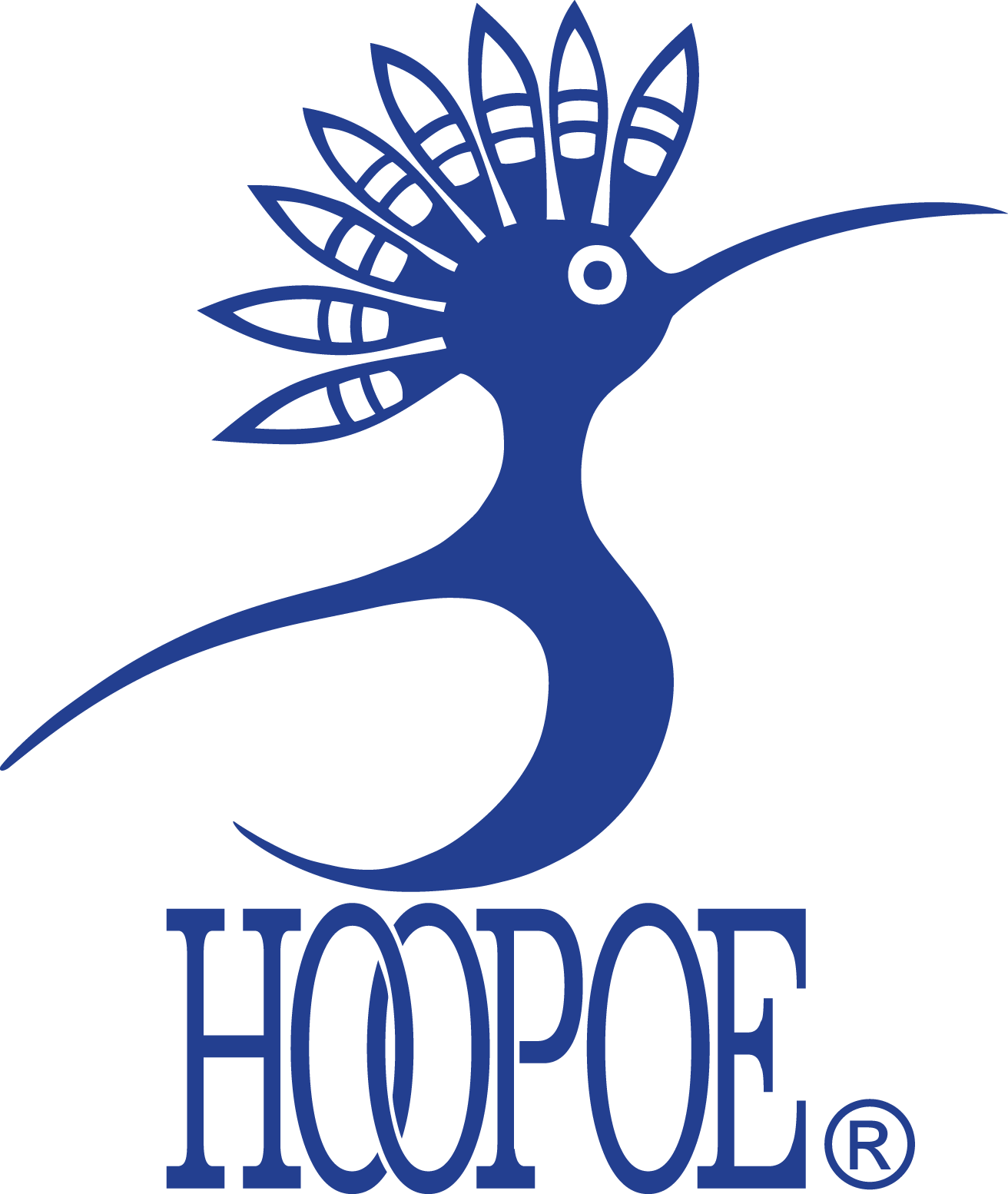The Magic of reading
“The single most significant factor influencing a child’s early educational success is an introduction to books and being read to at home prior to beginning school.” – National Commission on Reading, 1985
“The Magic of Reading” is an informative and entertaining video on the value of reading teaching-stories to children. It includes a presentation of The Boy Without a Name.
“The Magic of Reading is not only beautifully made, it is rich with information for parents who will be reading to their children. The authentic scenarios of parents interacting with their children as they read together, are excellent demonstrations of good reading practice. Teachers can use this wonderful video for parent meetings.”
“Having books in the home helps children from families in all walks of life and all around the world go further in school, and … the beneficial effect is greatest for children from disadvantaged homes.”
“The single most significant factor influencing a child’s early educational success is an introduction to books and being read to at home prior to beginning school.” – National Commission on Reading, 1985
“The Magic of Reading” is an informative and entertaining video on the value of reading teaching-stories to children. It includes a presentation of The Boy Without a Name.
Educators and psychologists all recognize how critically important the early years are for our children. The American Academy of Pediatrics advises parents to read to their children every day, starting at birth. From the very beginning of life, children watch and learn. Gradually, by imitation, their experiences and their cognitive development grow as they begin to understand their world and the language(s) around them.
Parents and caregivers are children’s first and most important teachers. Because 90% of a child’s brain growth takes place in the first three years of life, the role that parents and families play by talking and reading with their children will set the stage for their academic progress. Studies conducted by the U.S. National Center for Family Literacy have shown that being read to as a child and having books in the home are the two most important indicators of future academic success. The studies found that fourth-graders with 25 books or more at home had higher scores on national reading tests than children who didn’t have that many books.
A recent study of the brain activity in 19 children ages 3 to 5 years revealed that preschoolers whose parents read to them regularly show more activity in key areas of their brains. Particularly, the difference was seen in a brain region involved in so-called semantic processing — the ability to extract meaning from words. There was “particularly robust” activity, the researchers said, in areas where mental images are formed from what is heard.
Developing a reading habit at home is invaluable: even 15 minutes a day of independent reading can expose students to more than a million words of text in a year. By exposing our children to quality reading material, such as the books published by Hoopoe, we will increase their vocabulary, and their enthusiasm for reading and learning throughout their lives.
Hoopoe’s traditional stories belong to an ancient tradition from a time when stories were told to young and old alike. A story can help children deal with difficult situations and give them something to hold onto. The very same story can, at the same time, stimulate a deeper understanding as they become adults. In addition these stories give children the opportunity to learn about other cultures and begin to understand what we share and what we can learn from each other. They can help our children understand human nature and encourage qualities such as self-reliance, the ability to overcome irrational fears, the willingness to engage in peaceful negotiation rather than violent confrontation, and much, much more.

